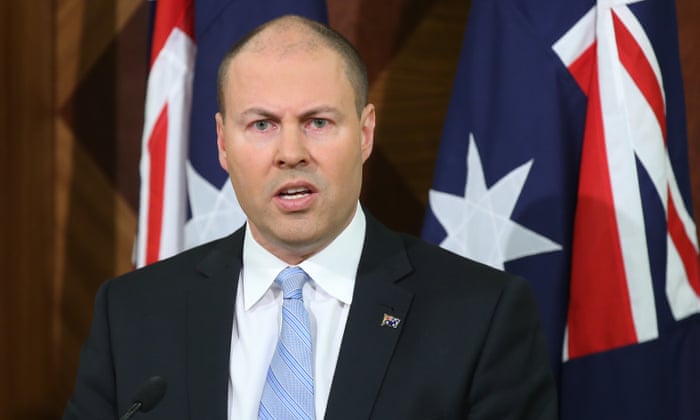
The banking royal commissioner, Kenneth Hayne, has blasted Australia’s financial services industry for putting greed and the pursuit of short term profits ahead of honesty, and rebuked regulators for allowing bad conduct to go unpunished.
In an interim report handed down on Friday spanning three volumes and 1,000 pages, Hayne unloaded on the banking sector after months of public hearings, saying the explanation for a litany of appalling conduct was “greed” and “the pursuit of short-term profit at the expense of basic standards of honesty”.
Hayne said selling became the focus for banks and financial services entities, and too often the “sole focus” as banks “searched for their share of the customer’s wallet”. The report says the incentives inside the companies were geared to the pursuit of profit, and from “the executive suite to the front line, staff were measured and rewarded by reference to profit and sales”.




